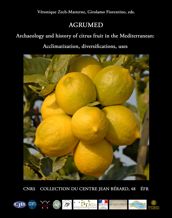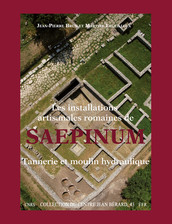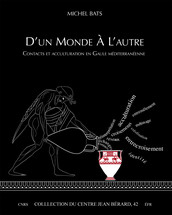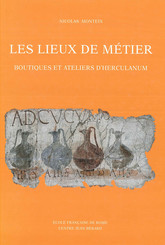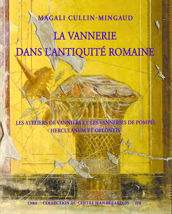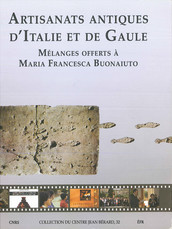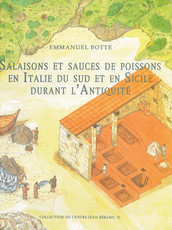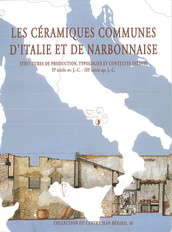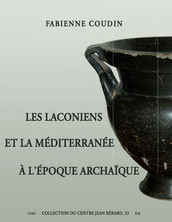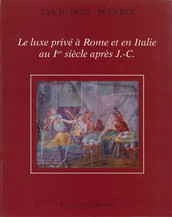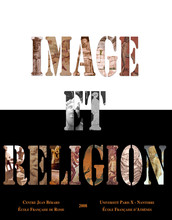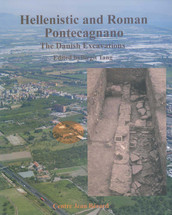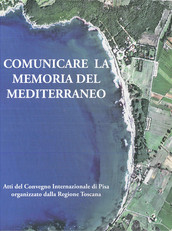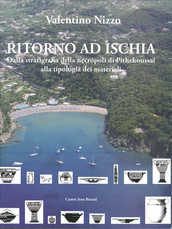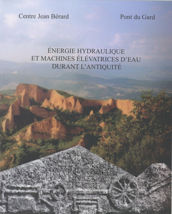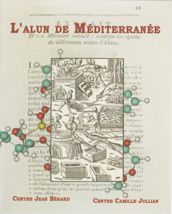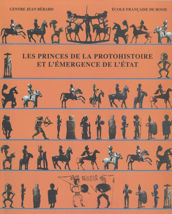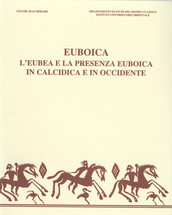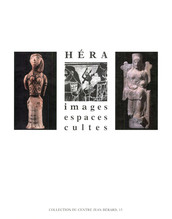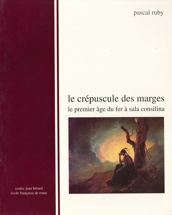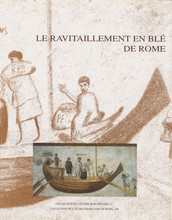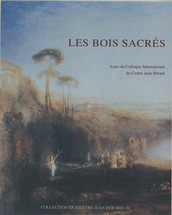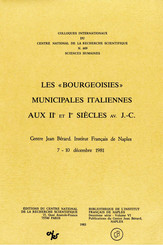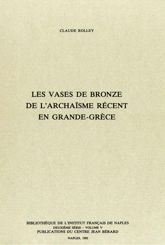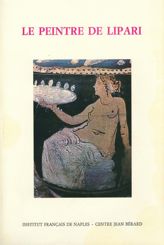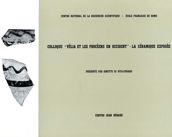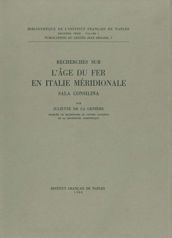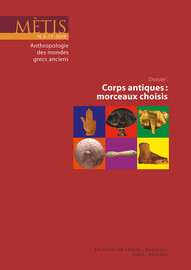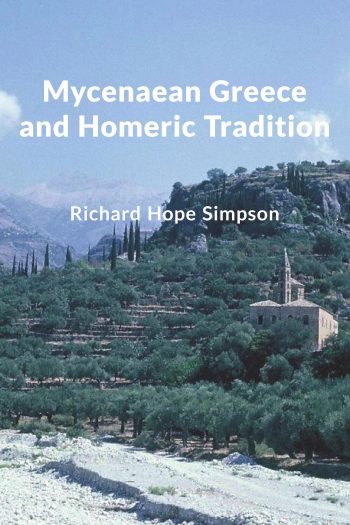A note to those who attempt to subscribe via Feedburner (via the form on the right-hand sidebar). You will get an automated return message asking you to confirm your subscription. If you do not see such a message, please check your spam folder - some email clients may identify it as machine generated spam and divert it.
If you still encounter difficulties feel free to contact me directly.
About This Book
Richard’s intention, after over 60 years of study and field work, was to publish his final thoughts on the subject and make them readily available for all scholars to use, free of cost, wherever they may live. Knowing that his time was limited, and that he would be unable to respond to reviewers’ comments, he chose, of necessity, not to submit his manuscript for peer review. It was his wish that the book be offered as-is.
This open textbook has been published openly using a Creative Commons license and is offered in various e-book formats free of charge.

